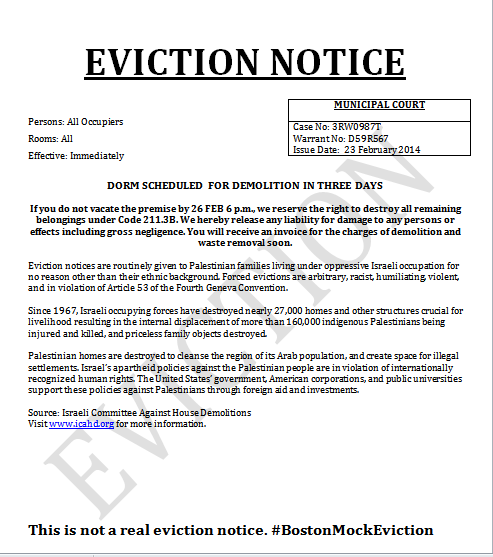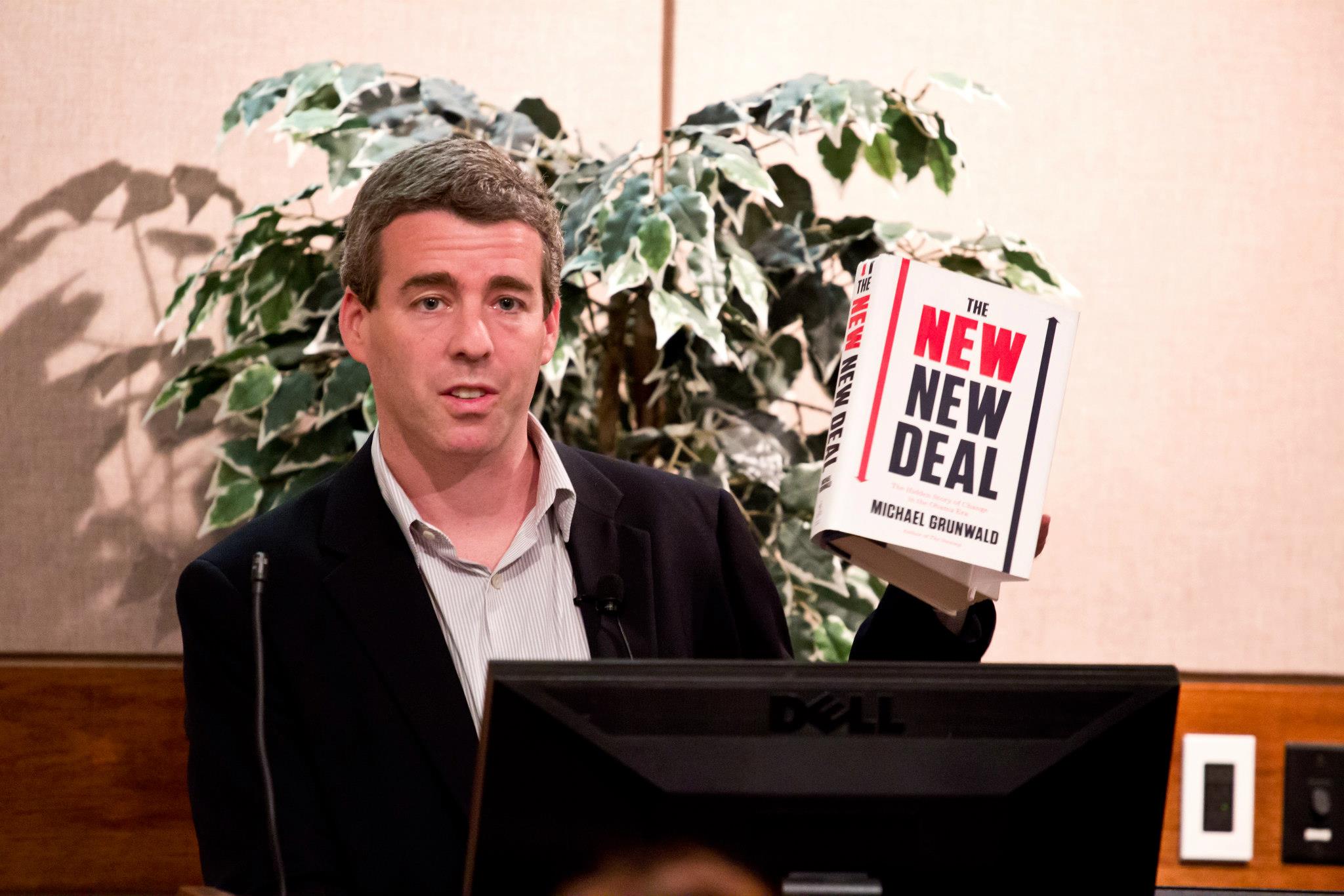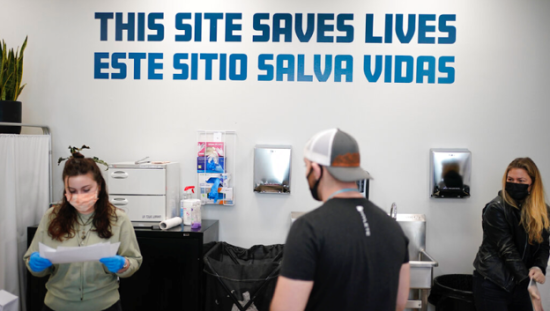In March of 2014, Students for Justice in Palestine (SJP), a student group at Northeastern University, placed dozens of mock eviction notices in dormitories as an act of protest against the forced evictions of Palestinians in Israel.[1] The act was one in a string of controversial SJP protests, which ultimately resulted in the group’s suspension by Northeastern administration.[2] The aftermath left campus divided, and students took to the streets to voice their opinions.[3] Over the next few weeks, the Huntington News ran numerous editorials about the conflict as the Israel-Palestine division seeped into the mainstream goings-on of campus life.[4][5][6]
SJP eventually appealed its decision and won reinstatement.[7] This semester, the group is no longer under probation and will be free to resume all regular activities. However, the questions, concerns, and accusations that were brought up last spring remain. First, there has been no definitive answer on whether SJP’s suspension was warranted. Northeastern administration backtracked after an outpour of support in favor of SJP, and the university’s current stance on the conflict is shaky at best. Second, problems run much deeper than the events of last March. Northeastern has been accused of anti-semitism in the past and administration has often supported policies that many argue silences free speech.[8] Third, the motives of Northeastern administration in creating balanced debate are suspect. Potential conflicts of interest stem from the fact that some of the university’s most prominent trustees actively support Zionist philanthropy.[9][10] Finally, on the few occasions when Northeastern does address the issues of this conflict, it seems most concerned with its own public image. The promotion of student discourse is only a distant afterthought.
The conflict between Israeli and Palestinian groups on Northeastern’s campus is not simply an outgrowth of the much larger geopolitical conflict; it has instead been spurred by this university’s inability to deal with its own change. Northeastern’s monumental growth from a small commuter school into a prominent, nationally-ranked university has suddenly given it an unprecedented level of influence as well as a dynamic, engaged student body. This school is no longer the ultra-practical, co-op-based institution it once was. Under the leadership of President Aoun, Northeastern has become a trailblazer in promoting a new, international-perspective in higher education. Student passion for Israel-Palestine is a direct result of Northeastern’s pedagogical development. But administration has utterly failed in dealing with the conflicts that arise with a globally-aware student population. If Northeastern wants to keep its global moniker, it will have to come to terms with the political passion of its students.
Northeastern’s problems are not specific to its campus borders. Every college has to deal with student speech and activism. Every college has to straddle political delineations and, with increasingly large populations of international students, the Israel-Palestine conflict seems to lie at the heart of many of these issues. At NYU, Rutgers, and many other schools, SJP and other student groups have posed questions similar to the ones faced by Northeastern.[11] Maybe it’s due to the fact that the issue encompasses the most fundamental political questions of race, class, identity, and warfare, or maybe the issue is just naturally divisive, but Israel-Palestine seems to bring out the most passionate debate and activism in universities across the country. That’s why this specific issue is so important. Both Israel and Palestine supporters feel devoted to their cause and that the stakes are too high for students to sit on the sidelines. Universities then have no choice but to face the impending issues of student speech and activism head-on. Each university has broad power to deal with student speech in whichever way it feels best, but no school exists in a vacuum. Northeastern and SJP were both praised and lambasted across the country for their actions. The implications of the Israel-Palestine debate at Northeastern, and at every other university, cast a very wide net.
In the 1960s, freedom rides, the Student Nonviolent Coordinating Committee (SNCC) and the Berkeley free-speech movement challenged the convention of the day and pushed America past bigotry and racism towards a new era of tolerance. American universities led these movements, defining themselves as bastions of free speech and progress. But over the last few decades, the image of the American university has changed. Universities in this country no longer lead political debate like they once used to. An obsession with neutrality and political-correctness has hindered real discourse. Maybe the Israel-Palestine debate at Northeastern seems like a small, local issue, but it epitomizes this much larger conundrum. The identity of the American university is at stake. Over the next few years, Israel-Palestine will continue to perplex the international community and maybe, like their predecessors from the sixties, students will begin to provide the answers.
Over the course of this semester, I will examine the Israel-Palestine conflict at Northeastern in connection with the broader themes discussed above. The goal is to understand how various players and interests influence student voice on university campuses. Most importantly, I want to tell the story of students who voice their passions and fight for something bigger than themselves. There’s an incredible desire for altruism and justice and change displayed by students on both sides of this conflict, and it often gets ignored. This column will bring that fact to light and show that administration, faculty, and student groups can come together to promote free student discourse that leads to real positive change.
- “Mock Eviction Notices Lead to Suspension of NU’s Students for Justice in Palestine.” The Huntington News RSS. March 14, 2014. Accessed February 7, 2015. http://huntnewsnu.com/2014/03/mock-eviction-notices-lead-to-suspension-of-nus-students-for-justice-in-palestine/.
- “Mock Eviction Notices Lead to Suspension of NU’s Students for Justice in Palestine.” The Huntington News RSS. March 14, 2014. Accessed February 7, 2015. http://huntnewsnu.com/2014/03/mock-eviction-notices-lead-to-suspension-of-nus-students-for-justice-in-palestine/.
- Thys, Fred. “Students Protest Suspension Of Pro-Palestinian Group At Northeastern.” March 18, 2014. Accessed February 7, 2015. http://www.wbur.org/2014/03/18/northeastern-palestinian-group-suspended.
- “Editorial: Outside Groups Wrong to Use NU to Wage Their War.” The Huntington News RSS. April 3, 2014. Accessed February 7, 2015. http://huntnewsnu.com/2014/04/editorial-outside-groups-wrong-to-use-nu-to-wage-their-war/.
- Soleyn, Matthew. “Letter: NU Better off without SJP, but Restrictive Policies and Unfair Treatment Wrong.” The Huntington News RSS. April 10, 2014. Accessed February 7, 2015.
- Beroff, Ross. “Letter: SJP Deserved Suspension.” The Huntington News RSS. April 10, 2014. Accessed February 7, 2015. http://huntnewsnu.com/2014/04/letter-sjp-deserved-suspension/.
- Fox, Jeremy. “Pro-Palestinian Student Group to Be Reinstated at Northeastern – The Boston Globe.” BostonGlobe.com. April 30, 2014. Accessed February 7, 2015. http://www.bostonglobe.com/metro/2014/04/30/pro-palestinian-student-group-reinstated-northeastern/5st6AW7JauiftTbnT5HTcO/story.html.
- Schwartz, Stephen. “Anti-Semitic Education @ Northeastern University – Americans for Peace & Tolerance.” Anti-Semitic Education @ Northeastern University – Americans for Peace & Tolerance. January 23, 2013. Accessed February 7, 2015. http://peaceandtolerance.org/campus/shame-on-neu/124-northeastern-university-s-islamists.
- “Members of the Corporation 2014-2015 | Northeastern University.” Accessed February 7, 2015. http://www.northeastern.edu/neuhome/about/trustees.html.
- “Our Board & Staff – Friends of the Israel Defense Forces.” Our Board & Staff – Friends of the Israel Defense Forces. Accessed February 7, 2015. http://www.fidf.org/page.aspx?pid=286.
- “NYU Jewish Students: Pro-Palestinian Group’s ‘Eviction Notices’ Go Too Far.” CBS New York. April 14, 2014. Accessed February 7, 2015. http://newyork.cbslocal.com/2014/04/24/nyu-jewish-students-pro-palestinian-groups-eviction-notices-go-too-far/.



